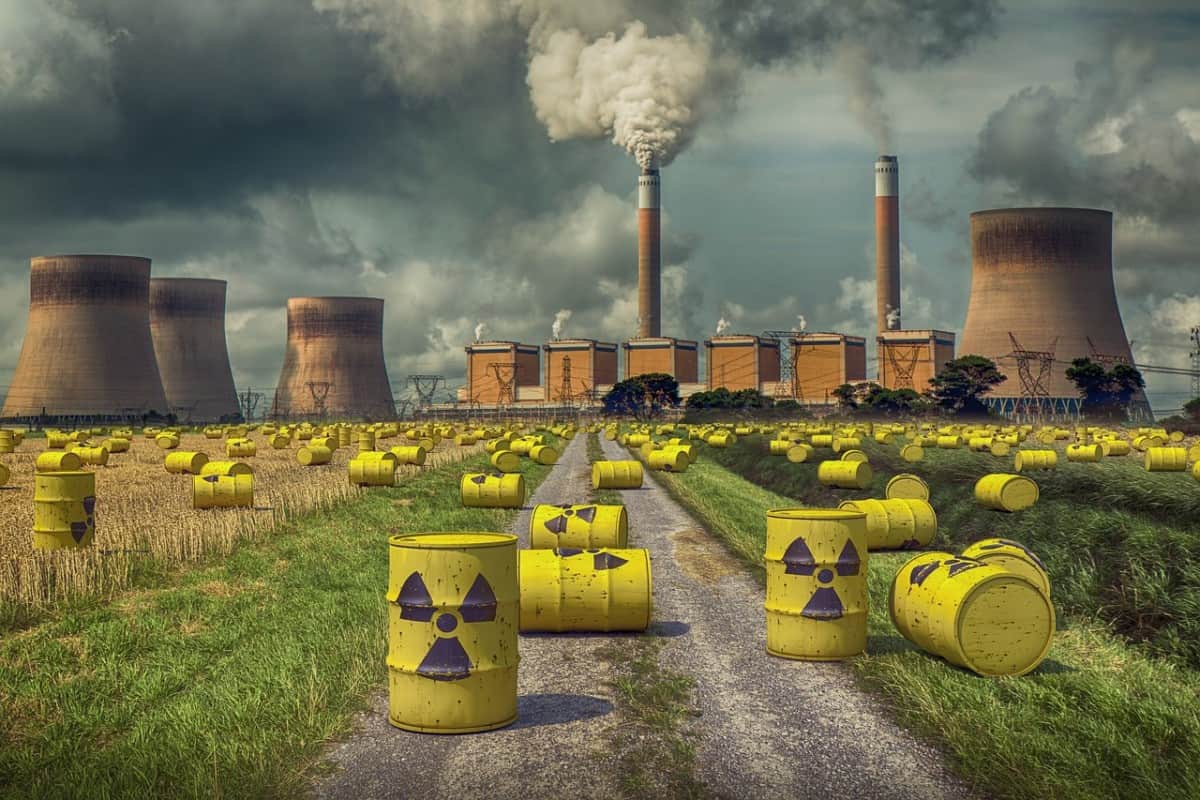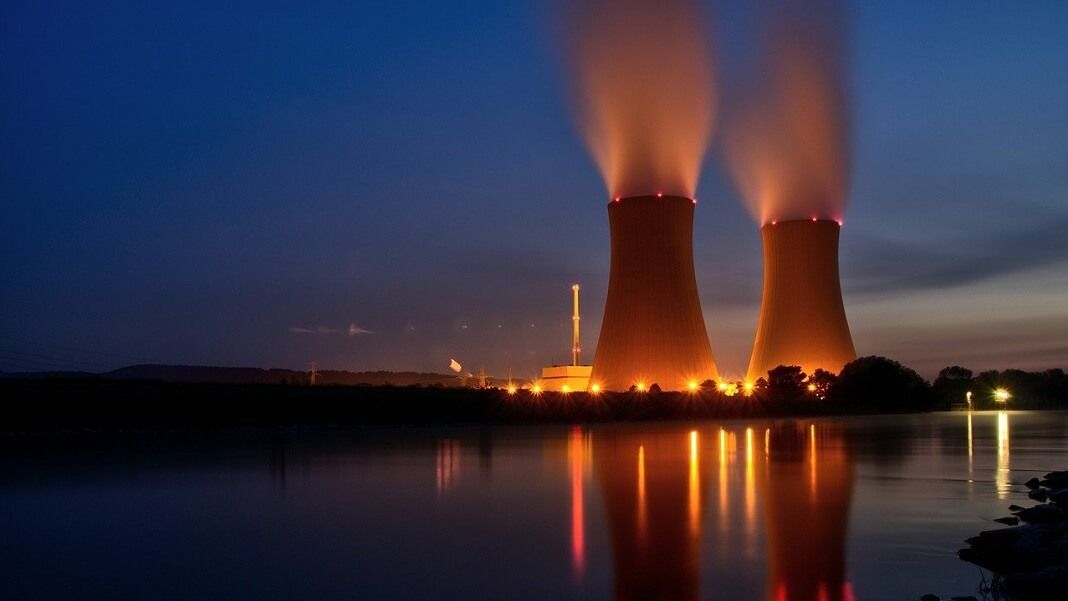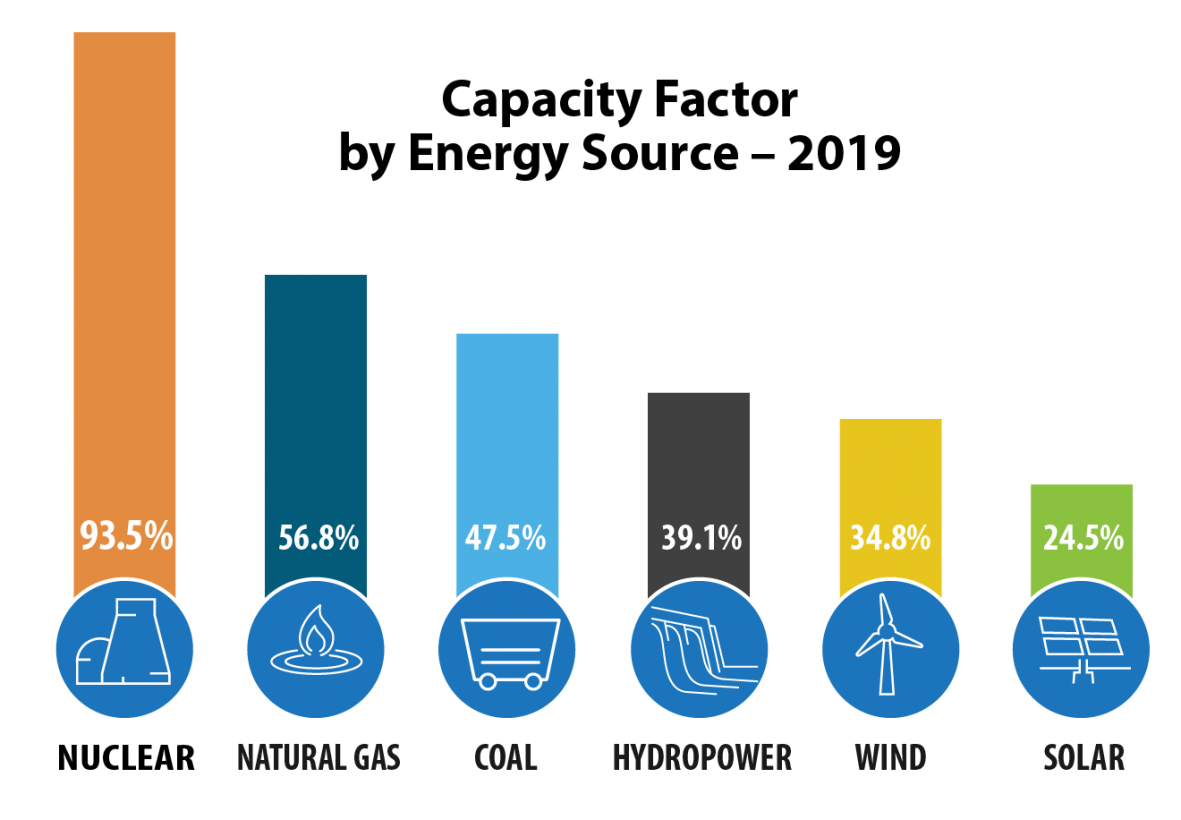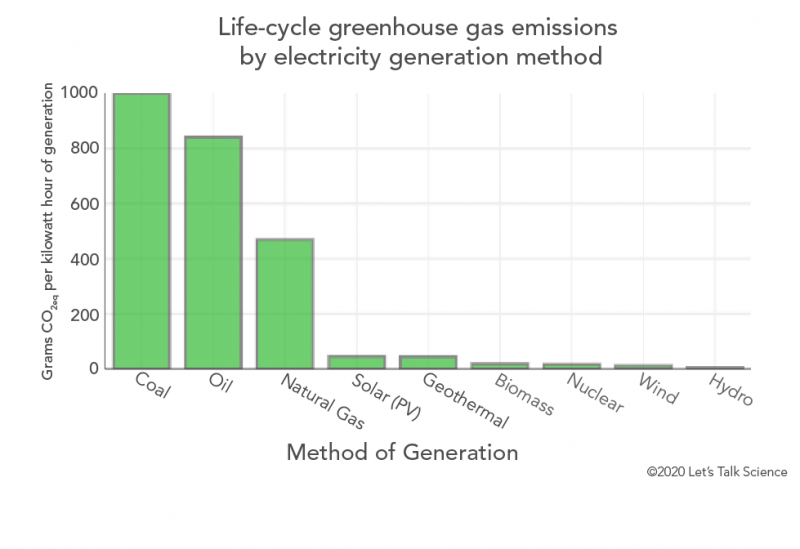Nuclear energy is a type of energy that is produced by the splitting of atoms in a process called nuclear fission. It is considered a clean and efficient source of energy, as it does not produce greenhouse gases or air pollution when it is generated. However, despite its potential benefits, there are also several negative impacts of nuclear energy that must be considered.
One of the main negative impacts of nuclear energy is the risk of nuclear accidents. Nuclear power plants generate large amounts of electricity by using uranium or other radioactive materials as fuel. If these materials are not handled properly, there is a risk of radiation leaks or other accidents that could release harmful radiation into the environment. The most famous example of this is the Chernobyl nuclear disaster, which occurred in 1986 and resulted in widespread radiation contamination and numerous deaths.
Another negative impact of nuclear energy is the issue of nuclear waste disposal. Nuclear power plants generate large amounts of highly toxic and radioactive waste as a byproduct of the energy-generating process. This waste must be carefully stored and transported to ensure that it does not pose a risk to human health or the environment. However, finding a safe and permanent storage solution for nuclear waste has proven to be a significant challenge, as it remains radioactive for thousands of years and must be isolated from the environment to prevent contamination.
In addition to these risks, nuclear energy also has several environmental impacts. The mining and processing of uranium, the fuel used in nuclear power plants, can have negative impacts on the environment, including land degradation and water pollution. Nuclear power plants also require large amounts of water to operate, which can lead to water scarcity in areas where they are located. Finally, the construction of nuclear power plants often requires the displacement of communities and the destruction of natural habitats, which can have negative impacts on the environment and local communities.
Overall, while nuclear energy has the potential to be a clean and efficient source of energy, it also has several negative impacts that must be carefully considered. These impacts include the risk of nuclear accidents, the issue of nuclear waste disposal, and various environmental impacts. It is important for policy makers and the public to carefully weigh the potential benefits and drawbacks of nuclear energy before making decisions about its use.







